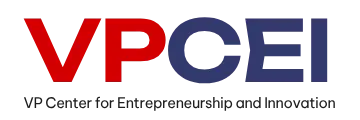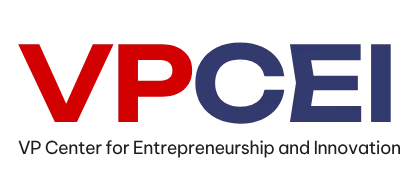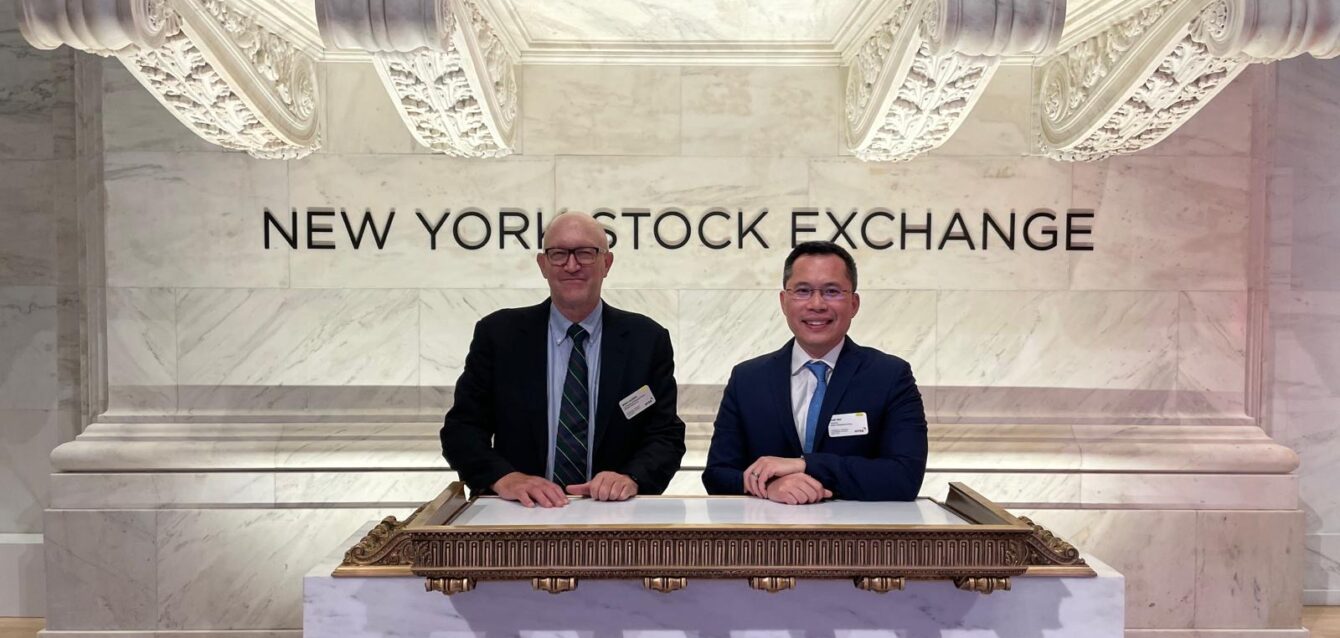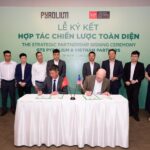A Conversation with Bradley C. Lalonde, Chairman of Vietnam Partners LLC and Founder of VPCEI
1) Many policymakers envision Vietnam as a future International Financial Center (IFC). Is that vision realistic?
The aspiration is valid—but the path is misunderstood. Too often, people imagine an IFC as a cluster of skyscrapers and financial districts. But an IFC isn’t about architecture. It’s about infrastructure, policy, and people. It’s a system.
A true IFC is a place where capital flows freely, where institutions are governed transparently, and where professionals manage risk, compliance, and international finance seamlessly. Vietnam, while dynamic, still has some distance to go before meeting that standard.
2) Where is Vietnam falling short?
Three key areas:
- Market Infrastructure: Vietnam’s capital markets are still shallow and illiquid. In 2023, I spent over a year trying to divest from a leading listed company—not due to performance, but due to a lack of buyers. That reflects systemic fragility.
-
Legal & Regulatory Framework: Capital controls, foreign ownership restrictions, and inconsistent tax treatment still deter long-term institutional investors. Vietnam is rated below investment grade—something global funds like BlackRock can’t ignore.
-
Human Capital: We lack sufficient professionals trained in cross-border finance, compliance, and global investment standards. No IFC can function without deep expertise at scale.
3) What is the global investor view on Vietnam today?
Cautious. Take BlackRock as an example. They only allocate long-term capital to countries with investment-grade ratings. In June 2024, they liquidated one of their last ETFs with heavy Vietnam exposure—not because they don’t see potential, but because the system isn’t mature enough yet. That’s not just a market signal—it’s a strategic judgment.
4) Are there any reasons for optimism?
Absolutely. The recent restructuring of Vietnam’s government is a major positive. It shows a shift toward more results-oriented governance. More importantly, Resolution No. 68/NQ-CP, which elevates the private sector as the core engine of growth, signals a philosophical change in how Vietnam is planning its economic future.
This policy recognizes that innovation and entrepreneurship—not just state-led investment—must drive the next decade. That’s the mindset shift every future IFC needs.
5) So what’s the path forward if Vietnam wants to become an IFC?
It’s a long game, but the roadmap is clear:
- Institutional Reform: Lift capital controls, align tax and accounting with global norms, and liberalize foreign investment access.
- Capital Market Deepening: Expand the bond and derivatives markets, allow dual listings, and strengthen liquidity.
- Human Capital Development: Launch large-scale training in finance, fintech, law, governance, and risk. This is foundational.
Look at Ireland, Singapore, or the UAE. These weren’t overnight miracles. They built strong institutions and stuck with a long-term vision. Vietnam can do the same.
6) That brings us to your current work—how are you contributing to that transformation?
At Vietnam Partners LLC, we’ve been investing in Vietnamese companies for over 20 years. But we came to realize: capital without capability is unsustainable. So we launched the Vietnam Partners Center for Entrepreneurship & Innovation (VPCEI)—a long-term platform to train 10,000 Vietnamese entrepreneurs, executives, and investors by 2030.
We’ve partnered with the University of Michigan’s William Davidson Institute to deliver a Global Mini-MBA in entrepreneurship, innovation, and finance, featuring faculty from NYU, Columbia, and top global funds. It’s tailored to Vietnamese professionals but meets global standards.
7) And how does VPCEI close the investment-readiness gap?
We go beyond training. We’re also launching VPCEI Ventures—a capital platform to fund high-potential program graduates. This links knowledge with money, mirroring ecosystems like Singapore’s MAS or Ireland’s IDA. Education + investment + governance—that’s how you build financial systems.
8) What’s your final take? Can Vietnam get there?
Vietnam won’t become London or New York in five years—and that’s okay. What matters is whether we start laying the foundation now. If we execute consistently, we can become a trusted regional financial hub in ASEAN+3 within 10 to 15 years. And when that happens, the people driving that transformation will be products of the system we’re choosing to build today—through reforms, investments, and programs like VPCEI.
Because in the end, we’re not just building institutions—we’re building the human infrastructure for Vietnam’s financial future.
